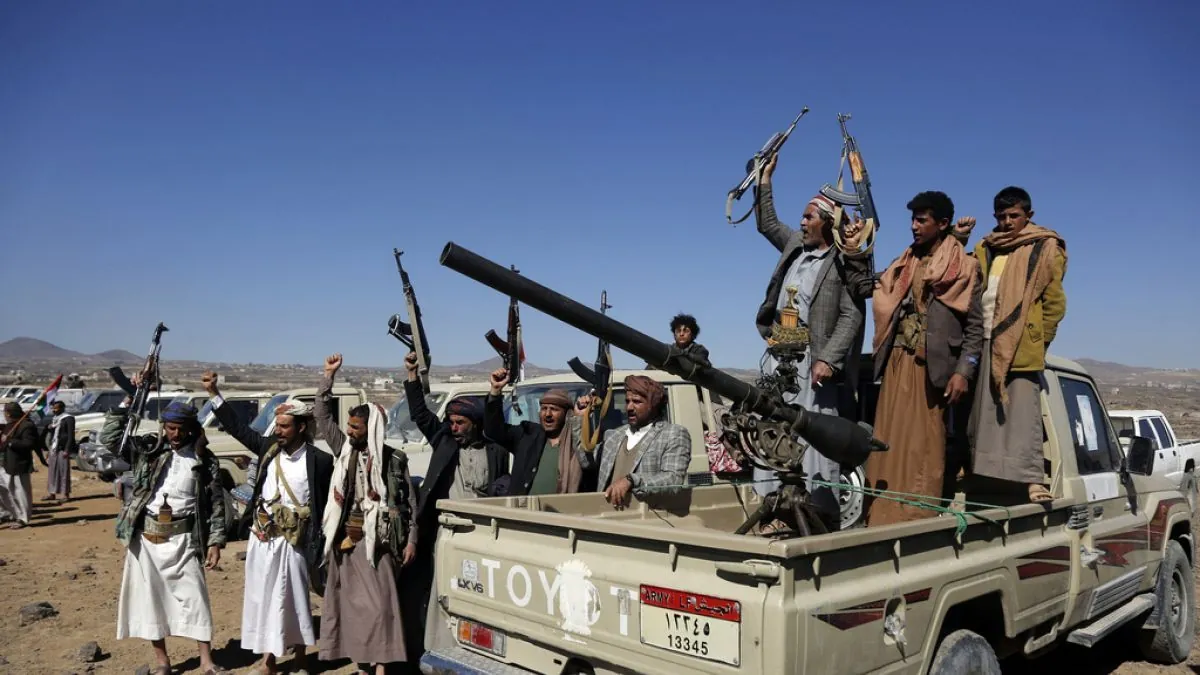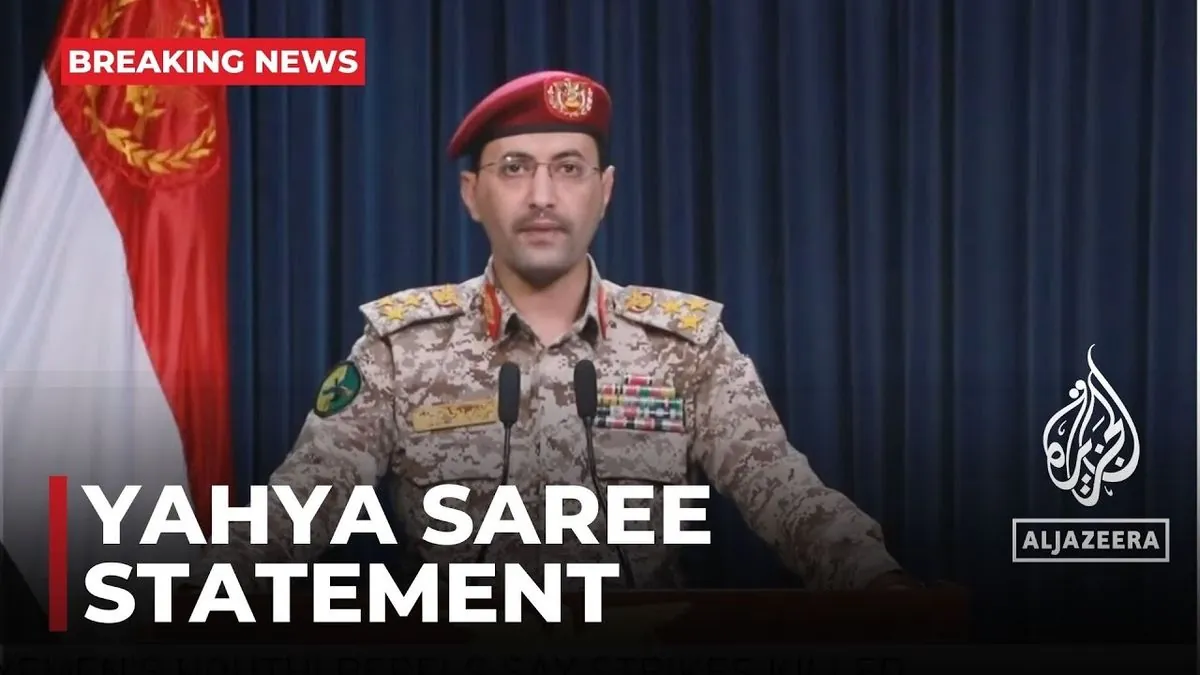Houthis Target Israeli Cities, Vow Continued Attacks Amid Regional Tensions
Yemen's Houthis claim missile and drone strikes on Israeli cities, pledging ongoing operations. Israel intercepts missile as conflict with Hezbollah intensifies, with hundreds killed in Lebanon.

On September 27, 2024, Yemen's Houthi movement, aligned with Iran, reported launching attacks on the Israeli cities of Tel Aviv and Ashkelon. This action, involving a ballistic missile and a drone, was declared as support for Gaza and Lebanon. Tel Aviv, Israel's most populous city and economic hub, and Ashkelon, a coastal city in the Southern District, were the stated targets.
The Israeli military confirmed intercepting a missile originating from Yemen, following reports of sirens and explosions earlier in the day. This interception likely involved Israel's sophisticated missile defense system, Iron Dome, which has been crucial in protecting Israeli territories from incoming projectiles.
Yahya Sarea, the Houthi military spokesperson, stated in a televised address:
Sarea emphasized that their operations would persist until Israel ceases its offensives in Gaza and Lebanon.

The regional conflict has intensified significantly. Since September 23, 2024, Israeli strikes have resulted in over 600 fatalities in Lebanon, marking the most severe escalation in the Israel-Hezbollah conflict in nearly two decades. Hezbollah, a Shia Islamist political party and militant group based in Lebanon, has been launching rockets into Israel for approximately a year, aligning with Hamas in Gaza.
This escalation is part of a broader, long-standing regional tension. The Houthis, a Zaidi Shia Islamic movement, have been in conflict with the Yemeni government since 2004 and currently control much of northern Yemen, including the capital Sanaa. Yemen, one of the poorest countries in the Arab world, has been embroiled in a civil war since 2014.
The involvement of the Houthis in attacking Israel adds another layer to the complex Middle Eastern geopolitical landscape. Iran has been accused of supporting the Houthis, though both parties deny this claim. This support, if true, would align with Iran's backing of other regional groups opposed to Israel, such as Hezbollah and Hamas.
The Gaza Strip, a self-governing Palestinian territory under Israeli and Egyptian blockade since 2007, remains at the center of the Israeli-Palestinian conflict, which has persisted for over a century. Hamas, a Palestinian Sunni-Islamic fundamentalist organization controlling Gaza, has been engaged in ongoing hostilities with Israel.
Lebanon, with its complex political system based on confessionalism, has long been a focal point of regional tensions. The Israel-Lebanon border has been a site of recurring conflict, with Israel withdrawing from southern Lebanon in 2000 after an 18-year occupation.
As these events unfold, the international community watches closely, aware that the actions of various regional actors could have far-reaching consequences for Middle Eastern stability and global geopolitics.


































